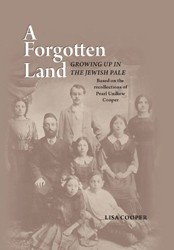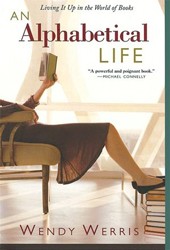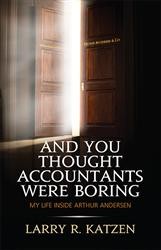With a title like My Old Neighborhood Remembered, Avery Corman’s memoir about growing up in the Bronx of the 1940s and ‘50s could be saccharine; instead, it is evocative, bringing stores, schools, and streets back to life, remembering people and the way they lived, relating personalities and buildings and what became of them. In vignettes that are often only a page long, the author of Kramer vs. Kramer presents us with the mosaic of the Bronx of his childhood.
There are the candy stores where counters were piled high with “candy store items” like Spaldeens, wax lips, Bromo-Seltzer, bubble gum, and button candy, and where a resident bookmaker holds court; there is the Creston schoolyard court where the neighborhood’s better basketball players practiced their skills after school. All the youths, it seems, were caught up “in the basketball-mindedness of the place.” There is the custom of going out for Chinese food on Sundays, not because people particularly enjoyed Chinese food (according to Corman, it tasted the same no matter which restaurant one went to), but because it was affordable, and Sunday was family day, and going to a restaurant was a family thing to do.
There is also, for the Jewish kids, going to Hebrew school between the ages of ten and their bar mitzvahs at thirteen, being off on puzzling Jewish holidays like Shemini Atzeret, and having to dress up on those holidays even though neither they nor their parents attended services or even understood what services were about. The Catholic kids envied the Jewish kids those days off, and the Jewish kids envied the Catholic kids their ready-made religion and their playing ball while the Jewish kids had to cram ancient texts into their heads for that equally baffling ritual of a bar mitzvah.
Overall, judging from this account, Corman’s was a happy childhood, yet here and there the underlying tragedy of his growing up without a father manifests itself. One chapter sifts through his mother’s lies to find out his father’s fate. Another relates that his mother would scrape together her hard-earned money to take him to ball games, even though, as he later realizes, she had no interest in sports: “I thought a boy growing up without a father should go to sports events.” A boy growing up without a father also needed a stable home and a tight-knit community, where everybody had his or her spot in a potpourri of ethnicities, and that, it seems, Corman surely got in the Bronx he remembers.
Related content:





